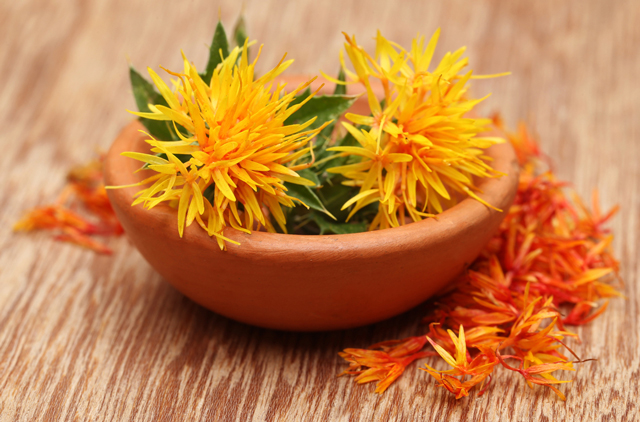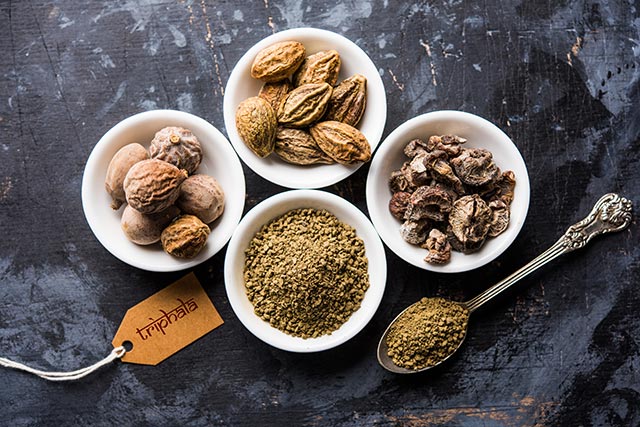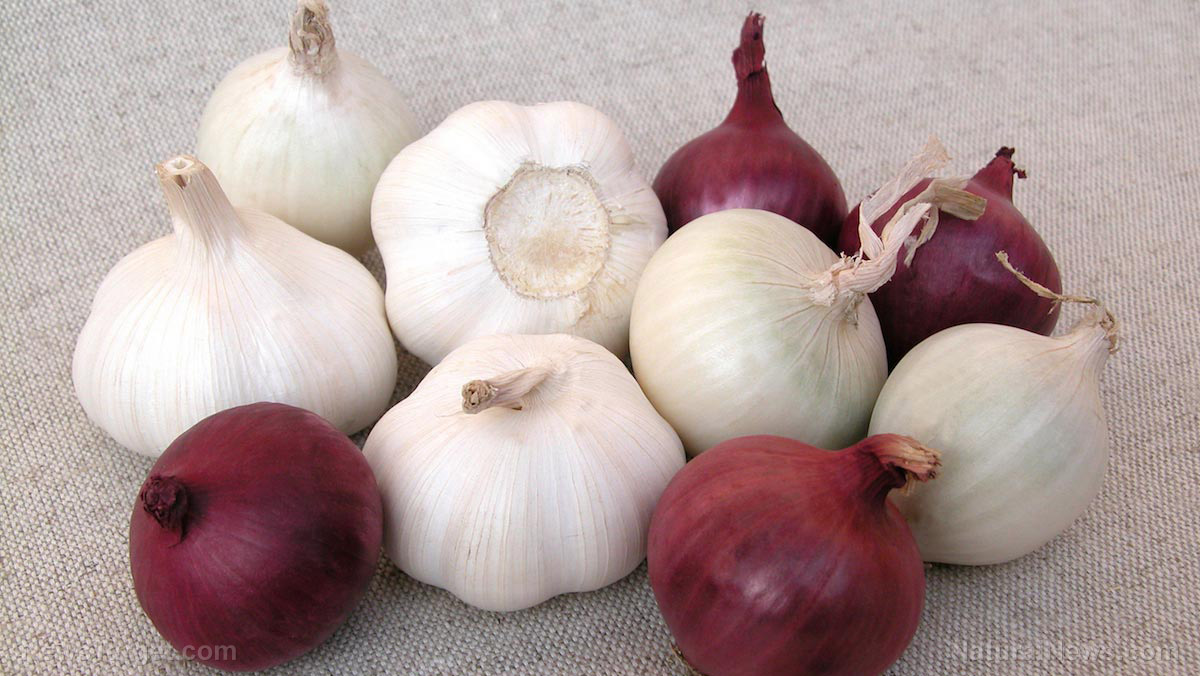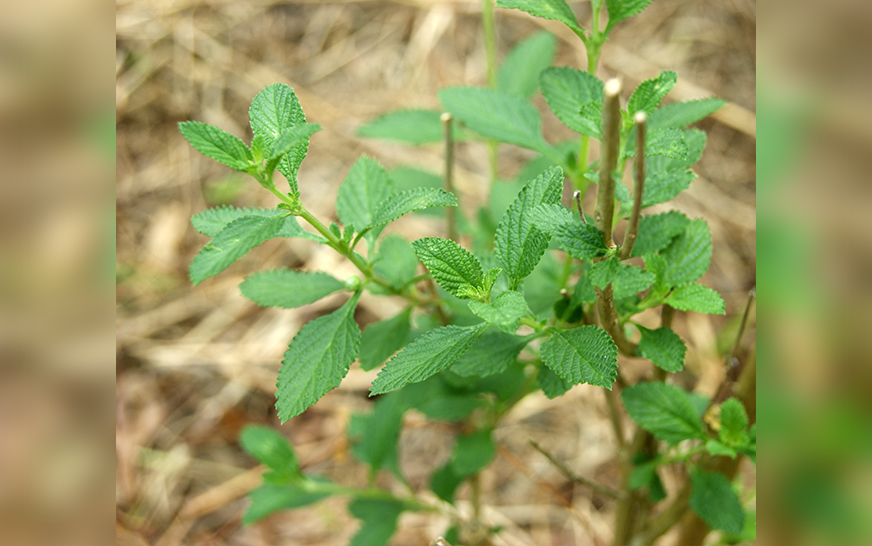Chrysanthemum flowers found to have antitumor effects on prostate cancer
01/16/2018 / By Jhoanna Robinson
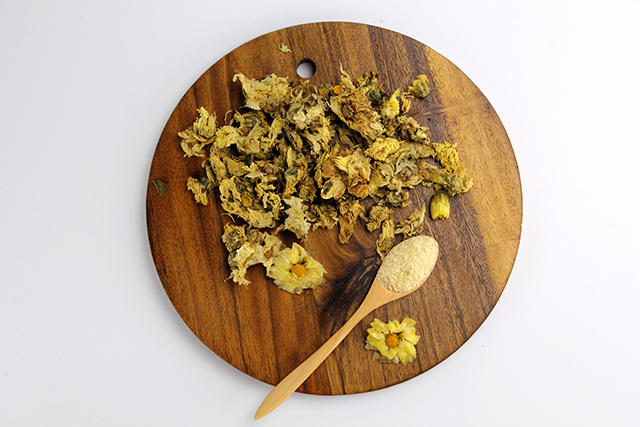
Chrysanthemin, which is the 3-glucoside of cyanidin, is a member of the anthocyanin class of natural products. According to an MTT assay (a colorimetric assay for assessing cell metabolic activity), chrysanthemin tends to inhibit the growth of prostate cancer cells, inducing dose-dependent and time-dependent cytotoxic effects in them.
Chrysanthemin can be isolated from various plants such as roselle (Hibiscus sabdariffa), maral root (Rhaponticum carthamoides), some Viburnum species, and the plant chrysanthemum. It can also be found in food plants such as European elderberry, lychee, peach, and soybean seed coats.
Further experiments were conducted using fluorescence microscopy in combination with acridine orange and propidium iodide to confirm apoptosis triggered by chrysanthemin in human prostate cancer cells. On treating prostate cancer cells with 10, 50 and 150 µM dose of chrysanthemin, signs of apoptosis had been evident, including chromatin condensation and cell shrinkage.
The apoptosis process is set in motion by a set of closely related enzymes that include proteins of the BCL-2 family and caspases.
The findings for this study were published in the African Journal of Traditional, Complementary and Alternative Medicines. This report represents the first work on the anti-tumor effects of chrysanthemin.
The plant chrysanthemum and its cancer-alleviating effects
Chrysanthemum, a flowering plant from the sunflower family, has maintained its use in traditional medicine and herbology for centuries now. Research has shown that it can be used as therapy for diabetes and bone illnesses. Other studies show that it can also help in killing cancer cells.
Some of its health benefits are as follows:
- It can be used to treat angina, which is chest pain or discomfort when the heart muscle doesn’t get enough oxygen-rich blood.
- It can be utilized to treat common colds.
- It can be used to lessen fever levels.
- It can be used to regulate high blood pressure.
Sometimes, chrysanthemum can cause side effects, such as the breakout of skin rashes. Also, earlier reports have shown the presence of toxic blood levels of immunosuppressive medications in a kidney transplant recipient after the ingestion of a “24 flavors tea”.
It was found out that one of the key components in the tea, chrysanthemum, inhibits the enzymes that metabolizes these drugs. (Related: Stop and Kill Cancer Cells: Chrysanthemums could Hold the Key, Chinese Scientists Find.)
Prevalence of prostate cancer
Prostate cancer is one of the most common causes of cancer-related mortality in America and many other Western countries. It is usually diagnosed after a man reaches 60 or 70 years of age, allowing for greater chances of prevention or slowing down its progression.
According to reports, 50 percent of prostate cancer patients develop metastatic prostate carcinoma because they haven’t had the chance to avail of effective treatment plans, which include surgical resection, radiotherapy, or chemotherapy for localized tumor. For metastatic prostate cancer patients, it is recommended that they undergo androgen ablation because it can induce cell cycle arrest and apoptotic cell death in prostate cancer cells.
Most of these treatments only bring positive effects during the early stages of the cancer; during the advanced stages of the disease, the treatment methods ultimately fail and the patients die.
For more stories on new scientific studies and breakthroughs, visit Science.news.
Sources include:
Tagged Under: apoptosis, cancer, Cancer Cells, chrysanthemin, chrysanthemum, Herbs, medicinal herbs, natural medicine, prevention, Prostate cancer
RECENT NEWS & ARTICLES
COPYRIGHT © 2017 PREVENT CANCER NEWS

